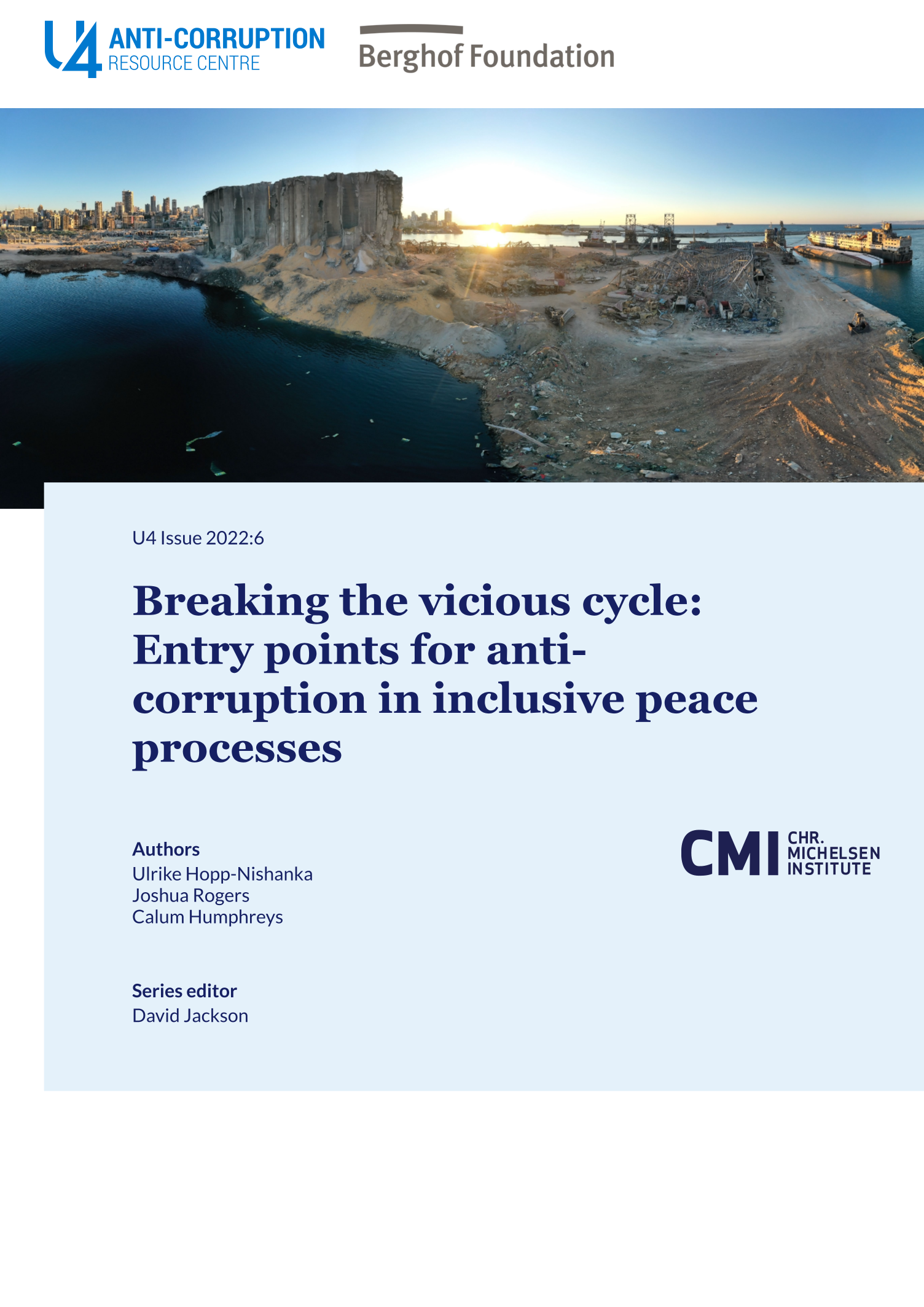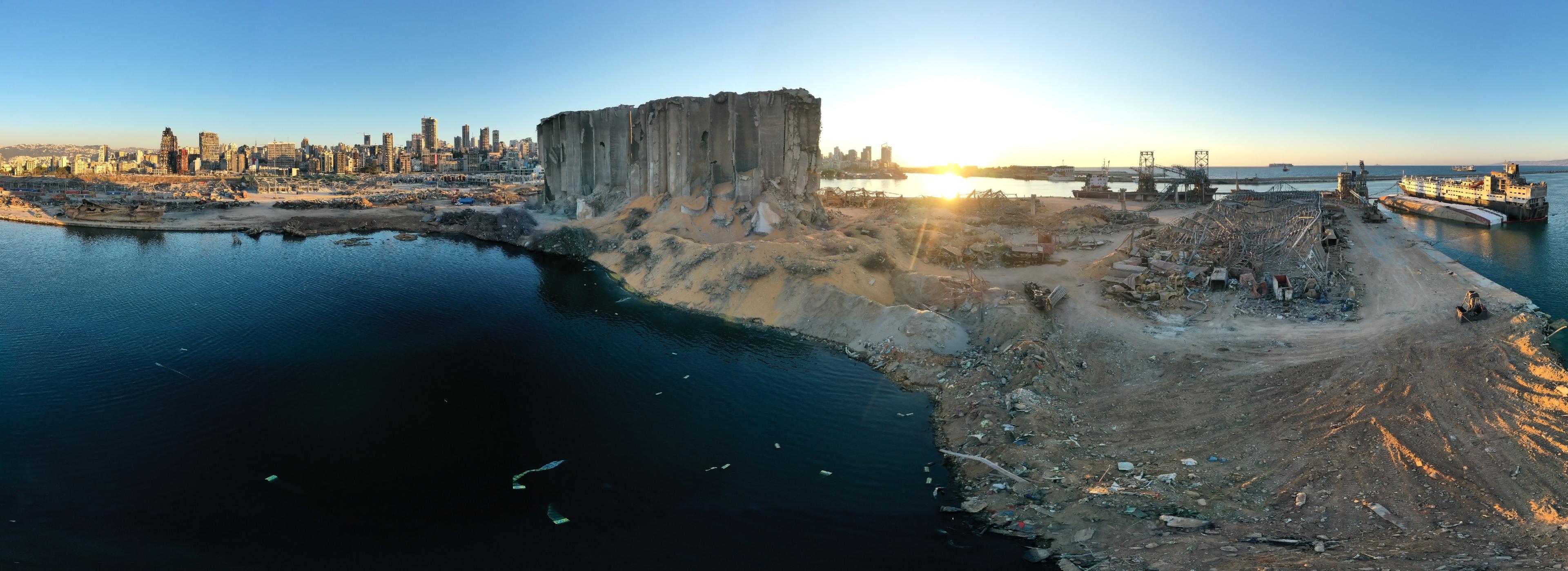Main points
- Approaches towards conflict transformation should be informed by a nuanced understanding of the political economy of violent conflict and corruption. Corruption as an element of conflict systems should be addressed during peace processes to support political efforts to curb corruption and promote accountability during the transition toward peace.
- Although it is rarely possible to eradicate corruption, ignoring it during peace processes is not a viable option. Rather, peacebuilders should identify ways to reduce corruption’s long-term impact on the inclusivity and sustainability of peace process. Such pragmatic approaches should prioritise the aspects of corruption that matter most for state legitimacy, trust between communities, and trust in institutions.
- National and international actors should promote inclusivity and accountability during negotiations and bargaining over political settlements and should not wait for ‘post-conflict’ governance programmes.
- A systemic approach to integrating corruption and violent conflict can highlight the multi-dimensional and multi-directional linkages and feedback loops that inform complex social phenomena such as patronage, point to the relevance of social norms and other factors defining the system, and caution against technical fixes.
- Addressing corrupt behaviour in conflict contexts requires a high level of political support, resources, and technical expertise. It also requires introspection, learning, and space for confidential and constructive dialogue among anti-corruption and peacebuilding communities to chart this difficult terrain.
- Efforts towards transparency and integrity as well as conflict transformation share important foundations, namely a transformative agenda rooted in social justice as well as a conceptual focus on local agency and empowerment.

